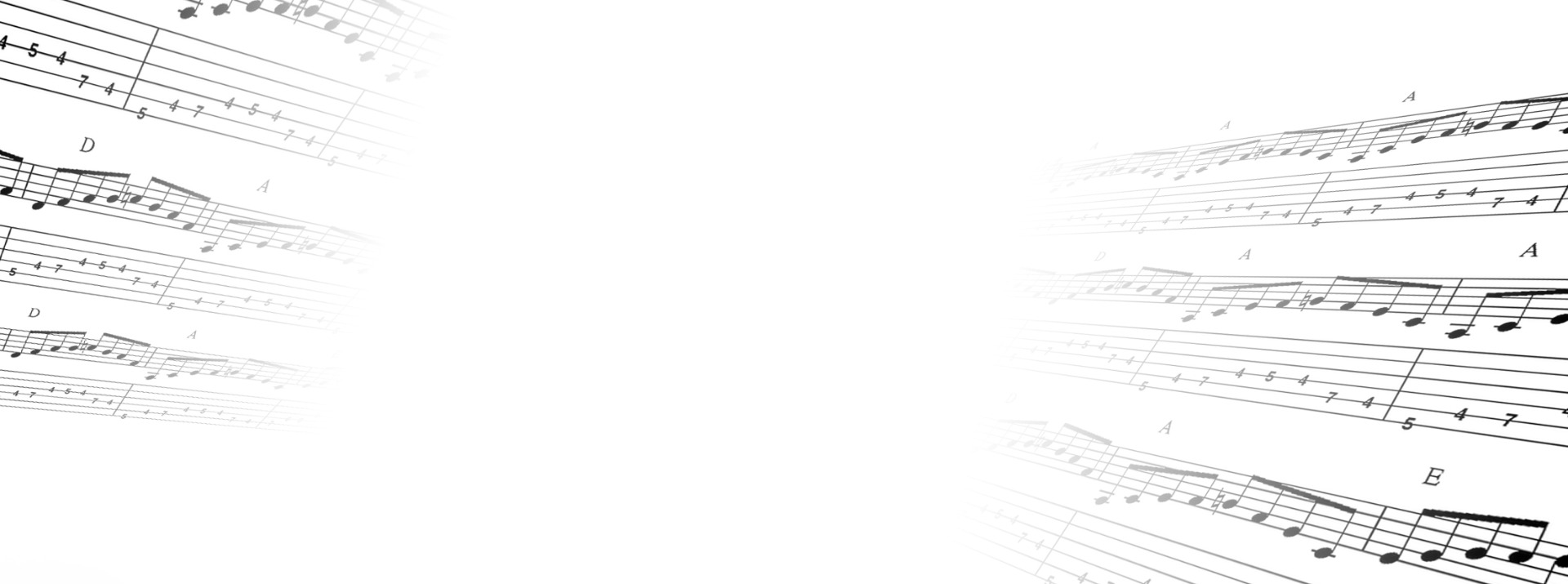Kids Instruments
Instruments for children to start in music
Musical instrument
The ability to play a musical instrument is wonderful. Children are curious and imaginative by nature, and many will be able to learn music very quickly and develop a love for it. The ability to play an instrument and read notes will then be useful in your child´s life. Studies have shown that playing an instrument improves academic skills, develops physical skills and builds social skills. To choose an instrument for your child, think about practical factors, such as their age, preferences and personality.
Consider his age. If your child is over six, there will be a variety of musical instruments to choose from. However, if it is younger than that age, it will be limited to the type of instruments that it can physically support. If you choose an instrument for a child under six, a violin or a piano is the most logical. Young children can more easily withstand these types of instruments.
Piano can be an excellent option for a young child because it provides fundamental skills. A child can better understand music by playing the piano, as there is a visual representation of the musical that can help foster an understanding of music theory.
Violins are also good choices, especially because they can be made in small sizes for very young children. It also helps them learn how to tune an instrument, which is important for developing musical ability.
Think about the lip size if you choose an instrument that will be played with his or her mouth. Smaller lips are better for certain instruments, such as trumpet, while larger lips will have difficulty with these instruments.
Similarly, think of his or her fingers. Long, thin fingers will go better with a piano than short ones.
Choose an instrument that is helpful for a child with braces. If your child has braces or will have them soon, this condition can have a big impact on the instruments that can and does not play. Braces will impede the ability to play clarinets and saxophones. A flute will have an initial adjustment period in this case, but it can be played correctly if your child has braces. Likewise, bassoons and oboes can be played with these devices in the mouth.
Braces are not so compatible with some instruments, such as the trumpet, for example.
Be practical as to whether your child can practice regularly. A child should practice with his instrument for 20 or 30 minutes a day to improve. Therefore, you have to choose one with which your child can practice at home or at school on a regular basis.
Larger instruments, such as piano or drums, may not fit in your home if you do not have much space. In the same way, you must take into account the sound. If you live in a quiet neighborhood, people may complain about your child playing the battery.
You do not have to discard a big or noisy instrument just because it does not fit in your house. Check if your school has a place to go and practice outside home, especially if you are determined to play a particular type of instrument.

